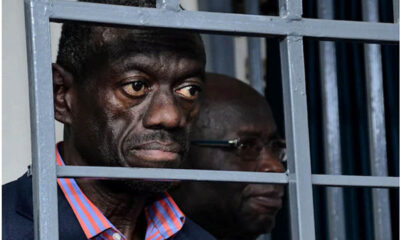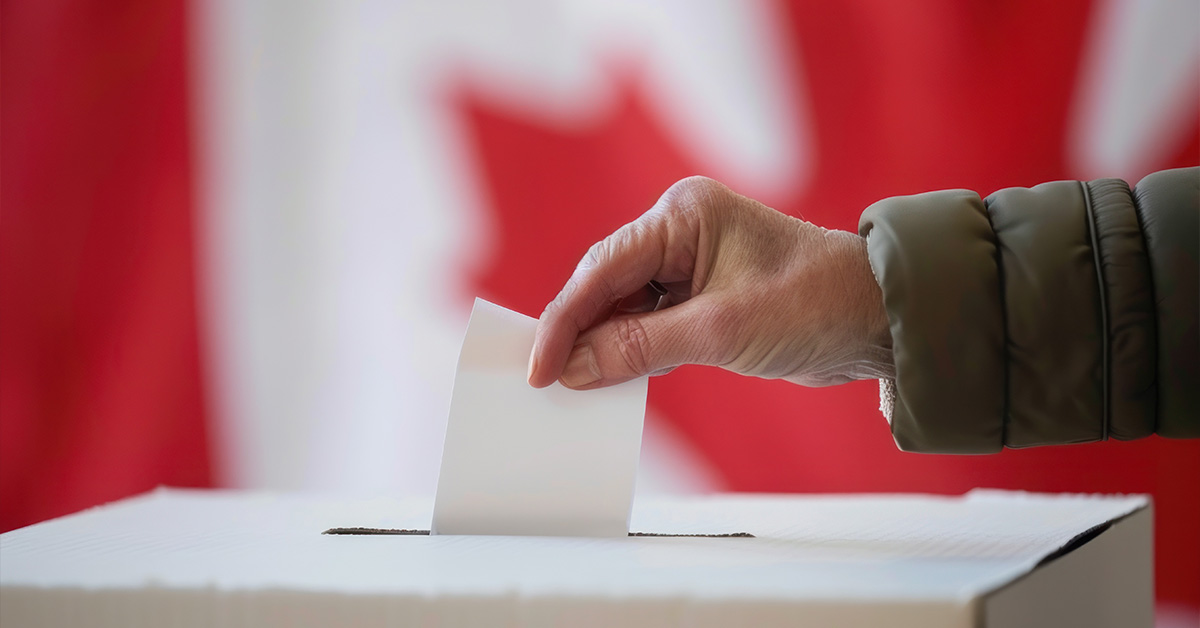
How Idi Amin’s Military Government Released Political Prisoners, Including Former Prime Minister Benedicto Kiwanuka.
In January 1971, a dramatic shift occurred in Uganda’s political landscape when Idi Amin led a military coup, overthrowing President Milton Obote.
Just days after seizing power, Amin’s new military government made a significant move by releasing several political prisoners who had been detained under Obote’s regime.
Among those freed was Benedicto Kiwanuka, Uganda’s former Prime Minister and a prominent leader of the Democratic Party (DP).
The release of political prisoners was seen as a strategic gesture by Idi Amin to gain the trust and support of the Ugandan people.
At that time, many citizens were disillusioned with Obote’s government, especially after the 1966 constitutional crisis that led to the abolition of traditional kingdoms and the imprisonment of opposition figures.
By freeing Kiwanuka and others, Amin aimed to position himself as a liberator and distance his regime from the repressive actions of his predecessor.
Benedicto Kiwanuka, who had been Uganda’s first Prime Minister and leader of the Democratic Party, was among the most notable figures released.
Kiwanuka had been arrested and imprisoned by Obote in 1969, accused of opposing the centralization of power.
His release by Amin was widely welcomed by many Ugandans who saw it as a positive step towards political reconciliation and justice.
However, the optimism surrounding Amin’s early actions quickly faded.
Despite the initial goodwill, Idi Amin’s rule soon descended into a brutal dictatorship marked by widespread human rights abuses.
Tragically, Benedicto Kiwanuka, who had been given a second chance at freedom, was abducted and murdered in 1972, reportedly by forces loyal to Amin.
His death became one of the many atrocities committed during Amin’s regime, which left a lasting scar on Uganda’s history.
https://fb.watch/u0p2BZwZqw/
While it initially offered hope for a more just and fair Uganda, the subsequent actions of Amin’s regime led to one of the darkest periods in the country’s history.
The story of Kiwanuka’s release and tragic end serves as a poignant reminder of the complexities and dangers of political power.
We ask Museveni to handle the political prisoners who were detained during the 2021 election campaign in the same way that Idd Amin did.
The fact that the arrests were made without cause was among the most concerning features of the 2021 elections.
Members of the opposition, journalists, and activists were frequently arrested on baseless charges of disrupting public order . but many of these arrests were actually considered a way to intimidate and silence opponents who were questioning the power of the ruling party.
News
Ugandan Citizen Abducted, Held in Secret Detention for Three Months, Sparks Outrage and Calls for Justice

A disturbing new case of unlawful detention has surfaced, highlighting the ongoing human rights crisis in Uganda. A Ugandan citizen was reportedly abducted and held in a secret facility, known as a “safe house,” for three months, only to be released without charge or explanation. This incident, reported by NTV Uganda, has sparked widespread condemnation and renewed calls for accountability regarding human rights abuses in the country.
While the details surrounding the abduction remain unclear, reports indicate that the individual was taken without due process and held incommunicado—an action that has long been condemned by human rights organizations. The victim’s release, with no charges filed and no clear justification, has angered activists and citizens, who view this as yet another case of egregious abuse of power by the state.
“This is a recurring pattern,” said one human rights activist. “Abductions, secret detentions, and unexplained releases have become all too common in Uganda. These acts violate fundamental human rights and erode public trust in the justice system.”
The use of “safe houses,” unregistered detention facilities reportedly operated by security forces, has been a focal point in numerous allegations of torture and illegal imprisonment. Despite repeated calls from both local and international organizations for their closure and accountability for those involved, little action has been taken to address these violations.
This case underscores the urgent need for reform within Uganda’s security apparatus and greater accountability for human rights abuses. Observers hope that drawing attention to these injustices will spur concrete action to bring those responsible to justice and ensure the protection of basic human rights.
As frustration mounts, calls for both domestic and international pressure to hold the government accountable for such crimes grow louder. “One day, there must be accountability for all these crimes against our people,” stated one social media user, reflecting the sentiments of many Ugandans.
News
NUP Gathering Disrupted: Kyagulanyi Alleges Security Force Harassment and Arrests

National Unity Platform (NUP) President Robert Kyagulanyi has accused Ugandan security forces of using excessive force to disrupt a planned NUP gathering. The allegations were detailed in a statement shared on Twitter, following an event held to honor children of NUP supporters who were killed, disappeared, or detained for their political beliefs.
According to Kyagulanyi, security personnel, under the command of an officer identified as Asiimwe, carried out a preemptive operation early in the morning upon learning of the NUP’s plans. The forces allegedly stormed the premises, arrested workers, and deployed tear gas to disperse those present.
“The criminals under the command of one Asiimwe deployed early morning, arrested our workers, and threw tear gas into our premises. They’ve cordoned off the premises and blocked all people from accessing the place,” Kyagulanyi wrote.
Among those reportedly arrested were Saava Peter, Mudenya Samson, and Turyasingura Samson. Kyagulanyi claimed the detained workers were subjected to beatings and interrogated about their political affiliations, with security operatives labeling them as terrorists.
“These JATT operatives asked the workers who they support politically, branding them terrorists and criminals—their only crime being that they work with us. You can imagine the indignity!” Kyagulanyi lamented.
This incident adds to the growing tension in Uganda’s political climate, where opposition parties frequently accuse the government of stifling dissent. Despite the challenges, Kyagulanyi ended his statement with a message of defiance and optimism, proclaiming, “UGANDA WILL BE FREE.”
NUP Gathering Disrupted: Kyagulanyi Alleges Security Force Harassment and Arrests
News
Sudan Demands Apology from Uganda Over Army Chief Muhoozi Kainerugaba’s Threat to Invade Khartoum

Sudan has demanded an official apology from Uganda over “offensive and dangerous” comments made by the chief of Uganda army staff, who threated to invade Khartoum, the Sudan Tribune has reported.
General Muhoozi Kainerugaba, son of Ugandan President Yoweri Museveni and CDF of the Ugandan army, posted two comments on the X platform on Tuesday in which he threatened “to capture Khartoum” with the support of the US President elect Donald Trump after he takes office. The posts were deleted later.
“The government of Sudan demands and official apology from the Ugandan government for the offensive and dangerous comments of the army commander,” Sudan’s foreign ministry said in a statement that the Sudan Tribune said it has seen.
Sudan Demands Apology from Uganda Over Army Chief Muhoozi Kainerugaba’s Threat to Invade Khartoum








